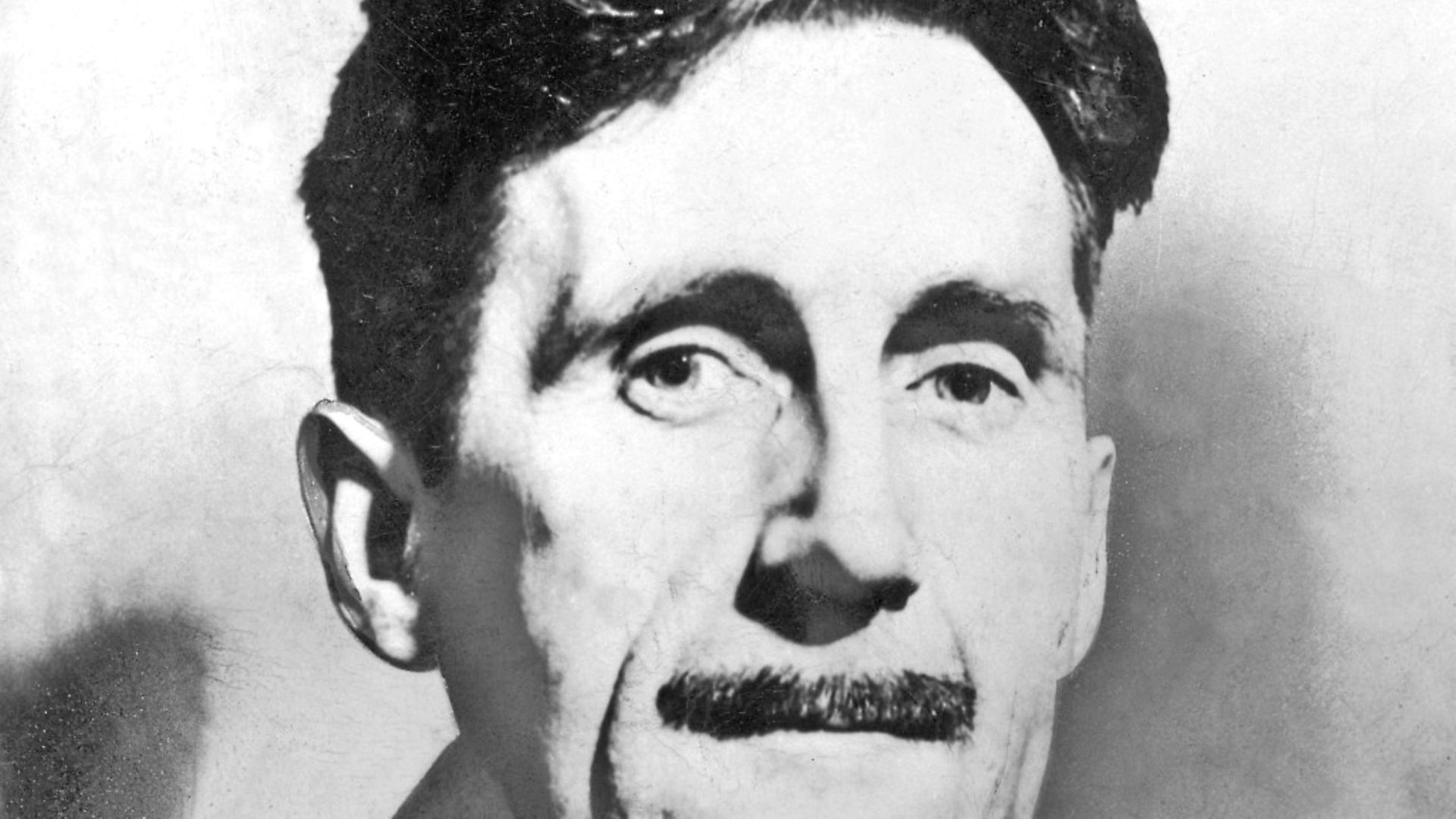
Andrew Adonis turns to Orwell to find out what the author would have made of Brexit.
In his brilliant essay, Politics and the English Language, George Orwell wrote that in times of crisis ‘political language is designed to make lies sound truthful and to give an appearance of solidity to pure wind’.
So it is with Brexit. Theresa May promises a ‘deep and special partnership’ with the European Union when, actually, we are leaving the union and undermining our deep and special partnership.
We are told that ‘frictionless trade’ will arise, amazingly, from the setting up of thousands of trade barriers where they don’t currently exist.
And on the future of Ireland, where the British government ought to tread with especial care given the tragedies of recent decades, the Government says it intends ‘continued regulatory alignment’ when its stated policy elsewhere is to discontinue alignment and promote regulatory dealignment.
The Brexiters also feature prominently in Animal Farm. The constant mantra ‘Whitehall good, Brussels bad’ reminds me of ‘four legs good, two legs bad’.
However, note the end of Animal Farm. By then it has become ‘four legs good, two legs better’. I wouldn’t push the analogy too far. The besuited pigs who take control of Mr Jones’ Manor Farm, and start walking on their hind legs and smoking cigars, remind me of Farage, Rees-Mogg and the populist double-breasted Brexiters, not Barnier or the serious-minded officials I have met in the European Commission. But take consolation from Orwell’s insight that today’s populist slogans become tomorrow’s notoriety.
This was my theme in the House of Lords this week, as it began its marathon debates on the EU Withdrawal Bill.
There were more speakers in the opening two days of ‘in principle’ debate than the entire membership of the Lords for the first five centuries of its existence, and more than for any other debate in its entire 800-year history.
Most peers, being wise and experienced, want Britain to stay in the EU. ‘A gilded echo chamber for Remain,’ ranted the Daily Mail in a front page which I wear as a badge of honour. But as an unelected House, following a referendum, there was no consensus or confidence on how the Lords could help turn the populist tide.
In my view, the way ahead is clear. The Lords can never stand against the people and the House of Commons, least of all after a referendum in which 33,577,342 voted. The Lords has lost every ‘peers versus people’ battle in its history.
The key thing is for the Lords to be the agent of democracy, not its enemy. As the democratic and principled argument for a referendum on the Farage/May Brexit deal gathers pace, the Lords should champion it and, at an opportune moment, adopt it and send it to the House of Commons.
The battle will not be ‘peers versus people’ but ‘peers and people versus the weakest and most unpopular government in modern Britain’.
The key vote will then be in the House of Commons, probably on the withdrawal agreement in the autumn or early next year. Faced with terrible exit terms – any terms will be terrible compared to continued EU membership – and a resolute Lords and public opinion, the same cross-party Commons majority which defeated Theresa May on the ‘meaningful vote on the final deal’ issue by four votes before Christmas could do the same on a ‘final deal referendum’ to be held before we leave the EU.
The former Tory attorney general Dominic Grieve, holding the swing votes in the Commons, may end up deciding whether or not there is a referendum in the same way that he masterminded the government’s ‘meaningful vote’ defeat before Christmas.
What would Orwell have made of Grieve? Fearless, principled, plain speaking, no cant: if ever there was a politician to prevent 1984, it is Grieve. One problem. I haven’t discovered a single politician whom Orwell truly admired! Not even Churchill.
Warning: Illegal string offset 'link_id' in /mnt/storage/stage/www/wp-includes/bookmark.php on line 357
Notice: Trying to get property 'link_id' of non-object in /mnt/storage/stage/www/wp-includes/bookmark.php on line 37






